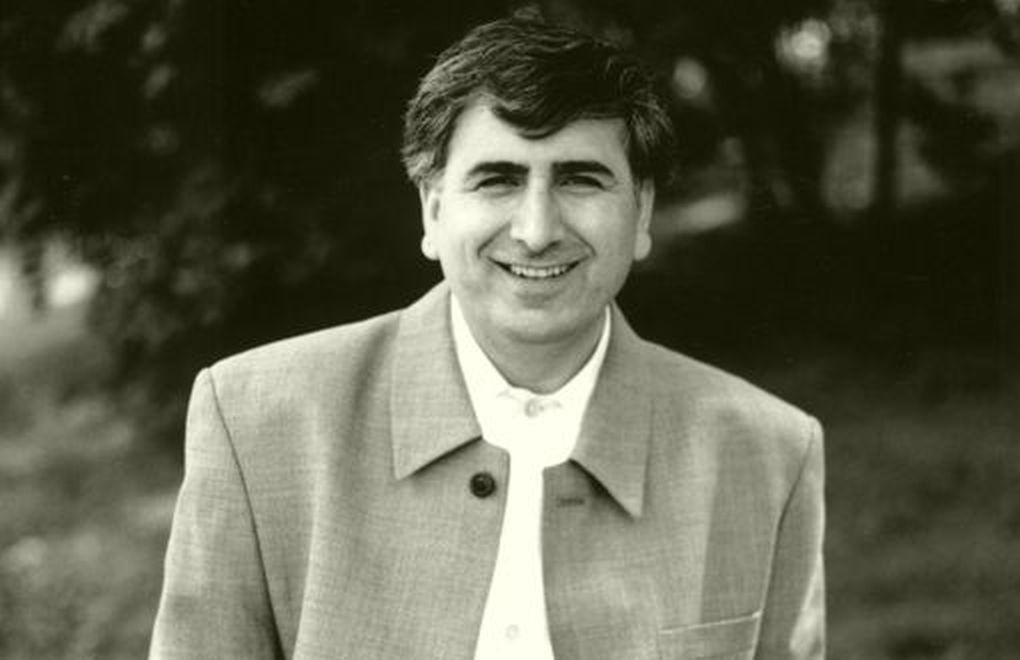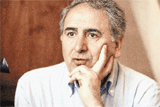* Photo: Pinterest
Click to read the article in Turkish
The Kurdish Literary Association and Mesopotamia Writers Association released a joint statement in memory of Kurdish writer Mehmed Uzun on the 13th anniversary of his death yesterday (October 11).
In their joint statement, the writers have noted, "In a period when Kurdish language was banned and Kurdish language was especially considered a taboo subject, Mehmed Uzun became a symbol of defiance and started writing in his own mother language."
The joint statement of the associations reads as follows:
"Unlike several Kurdish writers, Mehmed Uzun preferred writing in his mother language, not in the dominant one. He has a founding role in the modern Kurdish literature with his efforts to improve Kurdish literary language which was attempted to be portrayed as weak, to form a common literary language and to revive Kurdish storytelling tradition.
"When you read the novels of Mehmed Uzun, who lived in exile for years, you will once again witness how rich Kurdish language is. The writer has a unique place in Kurdish literature. It is safe to say that he is the only author of a novel which is so long-winded.
"There are no immortal individuals, there are immortal works created by individuals and immortal people created by all these works. Mehmed Uzun has not been forgotten, he cannot be forgotten and he will not."
About Mehmed Uzun
With his works translated into nearly 20 languages, Kurdish writer Mehmed Uzun lost his life at the age of 55 in Diyarbakır on October 11, 2007.
Uzun was born in 1953 in Turkey's Kurdish-majority southeastern province of Urfa. He went into exile to Sweden in 1977. His books, which he wrote in Kurdish, Turkish and Swedish, have been published in nearly 20 languages. Uzun was put on trial in Turkey over several of his novels.
Mehmed Uzun was an active member of the Swedish PEN and International PEN, and was a member of the management board of the Swedish Writers' Association. He was also a member of the Association of World Journalists.
Mehmed Uzun received the Freedom of Thought and Speech Award from the Turkish Publishers Association.
He received the Berlin Kurdish Institute Literature Award and one of the most important awards in Scandinavia, the Torgny Segerstedt Freedom Pen Award. The Swedish Academy awarded him the Stina-Erik Lındeberg Award in 2002. (RT/SD)





